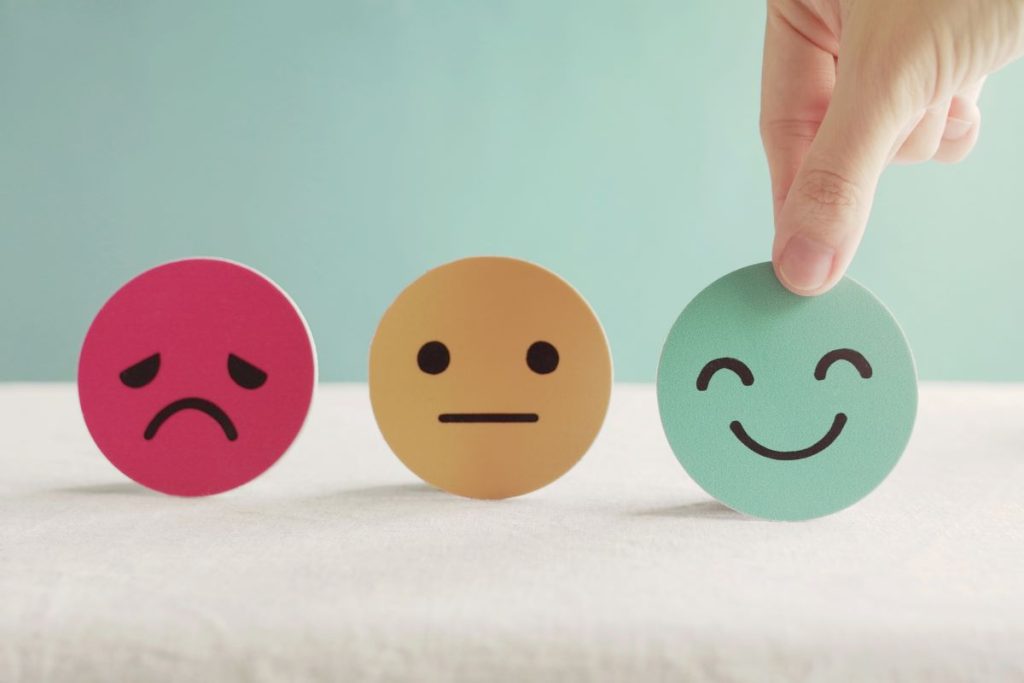
Welcome to your daily round-up of everything happening in the world of neurorehabilitation.
Research news
How brain waves travel
In a new paper, researchers at Columbia Engineering have carefully monitoring neural activity of people who were recalling memories or forming new ones. The researchers managed to detect how a newly appreciated type of brainwave — traveling waves — influences the storage and retrieval of memories. The team said they found that waves tended to move from the back of the brain to the front while patients were putting something into their memory, and when patients were later searching to recall the same information, those waves moved in the opposite direction, from the front towards the back of the brain,”
The brain builds emotions regardless of the senses
In an innovative study published in Science Advances, researchers have unveiled new insights into the intricate relationship between emotion and perception. Led by a team of Italian neuroscientists from the IMT School for Advanced Studies Lucca, and conducted in collaboration with the University of Turin, the research project investigates whether the brain employs sensory-specific or abstract codes to construct emotional experiences.
Lack of focus doesn’t equal lack of intelligence
A study by neuroscientists at Brown University’s Carney Institute for Brain Science illustrates how parts of the brain need to work together to focus on important information while filtering out distractions. Lead author and neuroscientist Harrison Ritz likened the process to how humans coordinate muscle activity to perform complex physical tasks.
Company and financial neuro-rehab news
Results of telemedicine pilot depression study
Neuroelectrics has confirmed study results published to the preprint server medRxiv that suggest tele-supervised at-home transcranial direct current stimulation (tDCS) using Starstim over the left dorsolateral prefrontal cortex (L-DLPFC) may improve the clinical symptoms of major depressive disorder. The results suggest it represents a promising avenue for managing depression. Starstim is intended to be a complementary therapy to medication and an alternative to invasive brain stimulation, which requires precise placement of electrodes in targeted areas deep within the brain.
Neuroinflammatory pathways in Frontotemporal Dementia
Coya Therapeutics, a clinical-stage biotechnology company developing biologics primarily focused on the restoration of regulatory T cell (Treg) immunomodulatory function, announces the presentation of data demonstrating the role of the peripheral immune system in the pathophysiology of Frontotemporal Dementia (FTD) from a biomarker study conducted at the Houston Methodist Hospital by Dr. Stanley Appel and Dr. Alireza Faridar and funded by the Houston Methodist Clinical Scholar Award Program.
Major new funding commitment to Forest Neurotech
Convergent Research has announced a new $14 million funding commitment from former Google CEO Eric Schmidt to Forest Neurotech, an initiative designed to create next-generation brain-computer-interfaces (BCIs) for individuals with neurological injuries or diseases.
Policy news
The ethical dilemma of mixing bodies with technology
Dr Allan McKay, director of the Sydney Institute of Criminology, academic fellow at the University of Sydney’s law school, and expert in neuroscience, neurotechnology, criminal law and ethics recently spoke at the University of Auckland’s Natural Artificial Intelligence and Organisation Intelligence Institute on ethics and neurotechnology.








